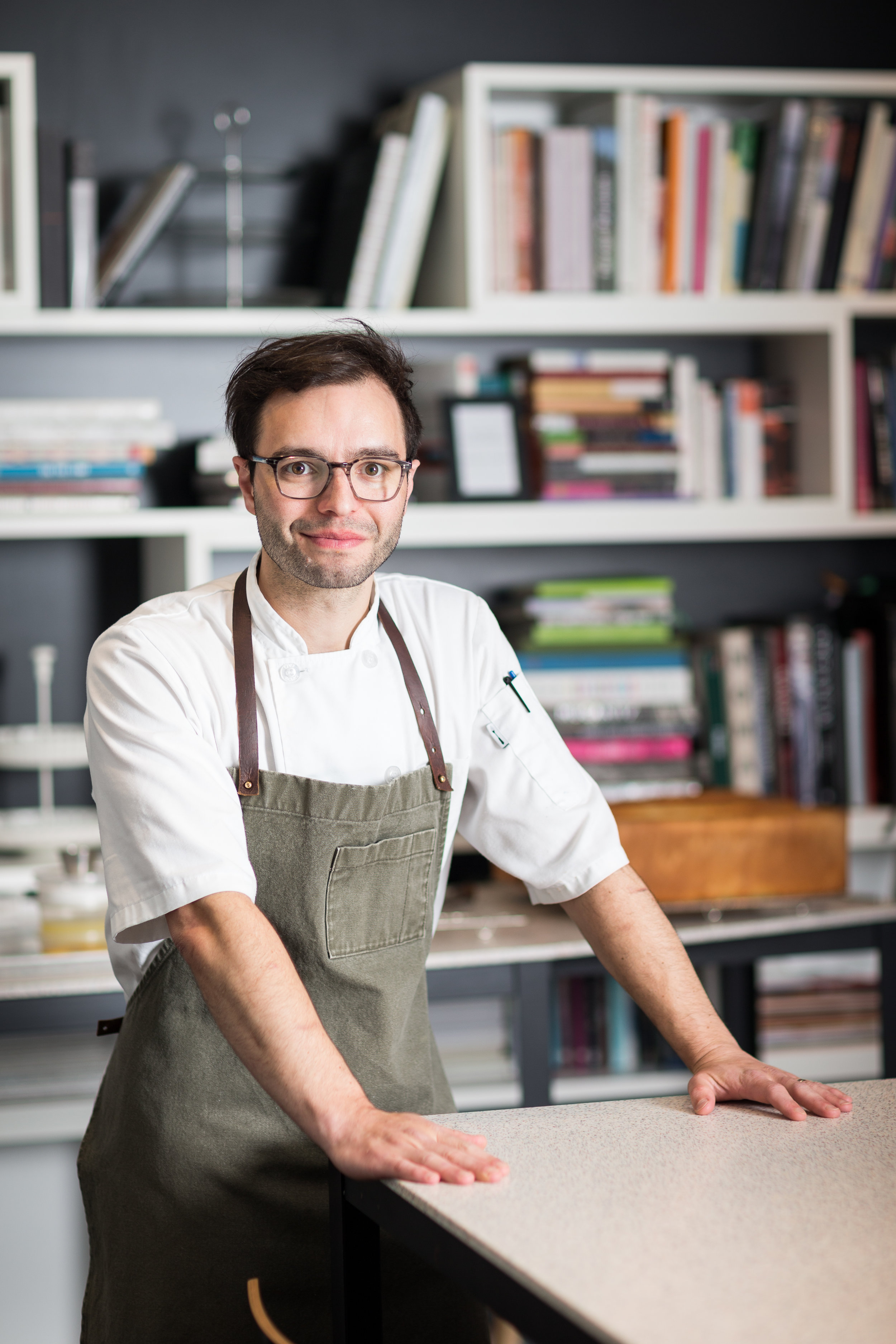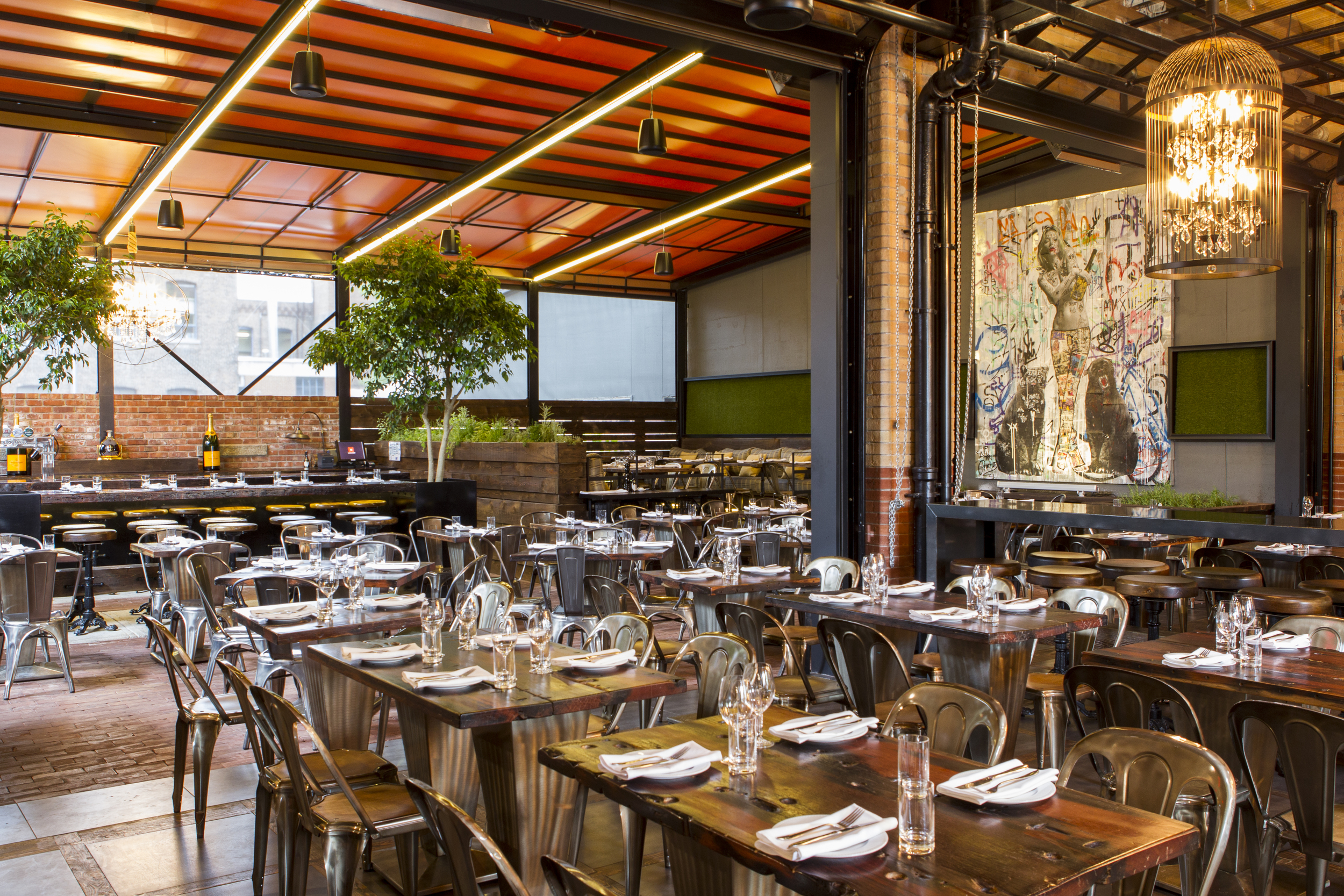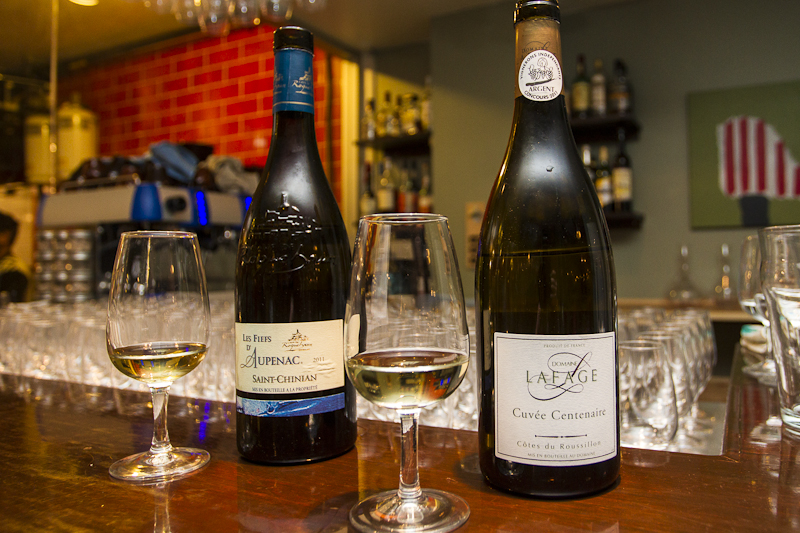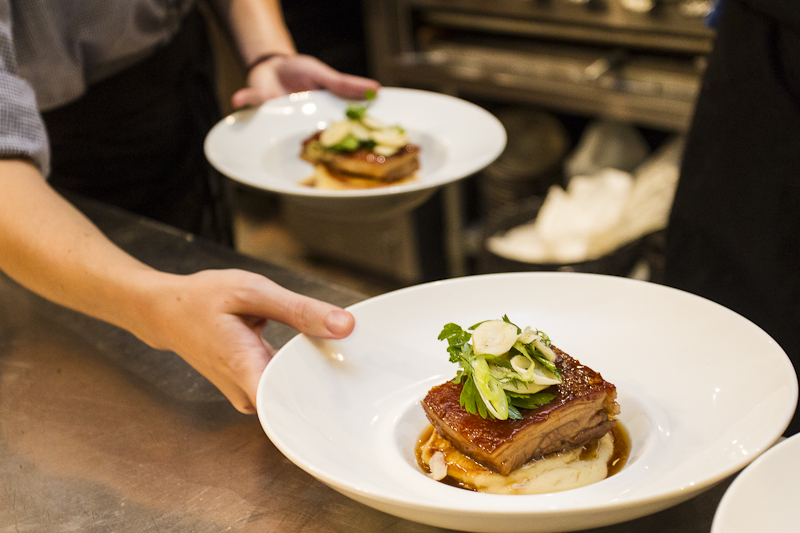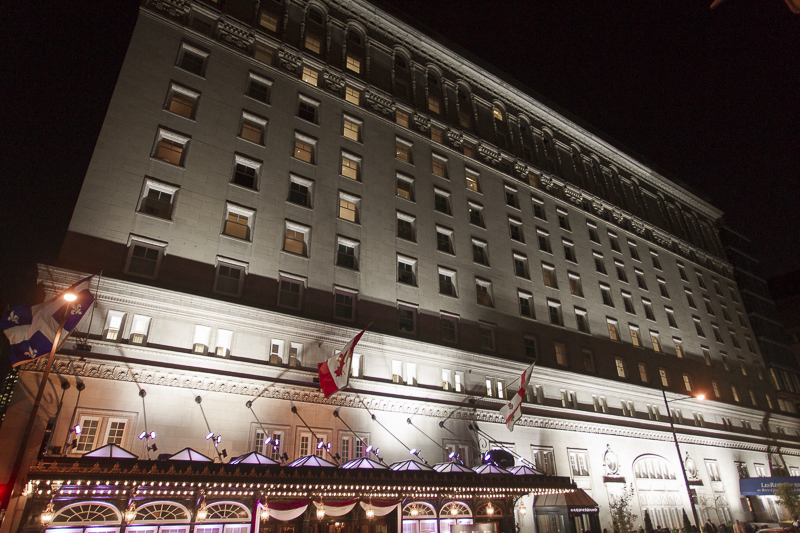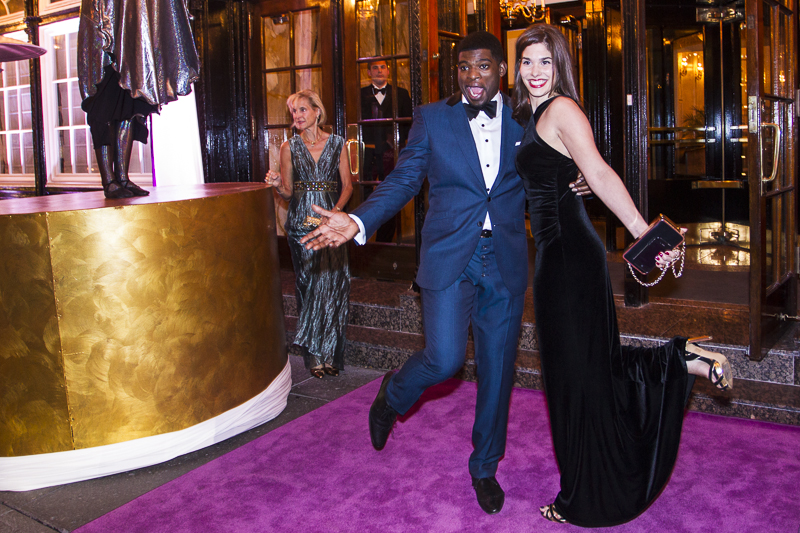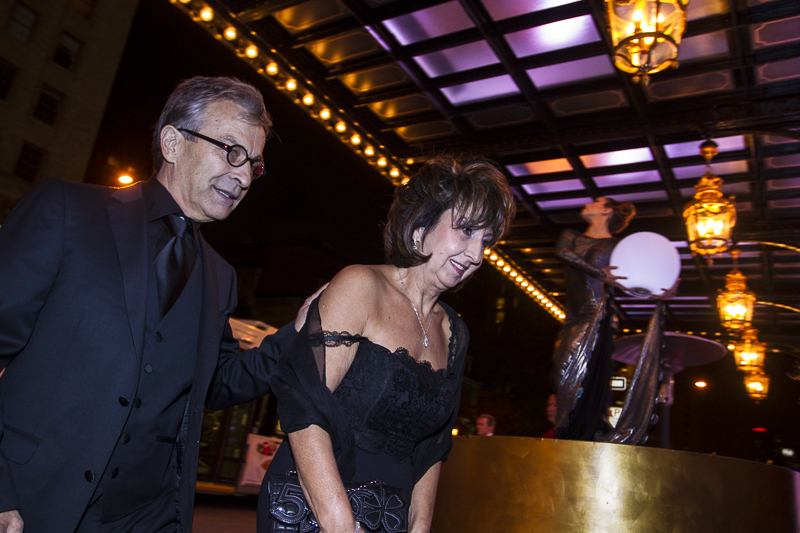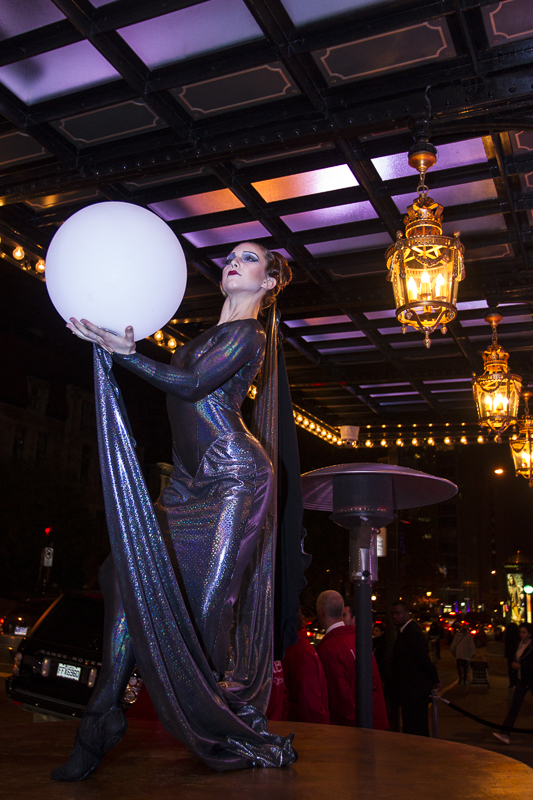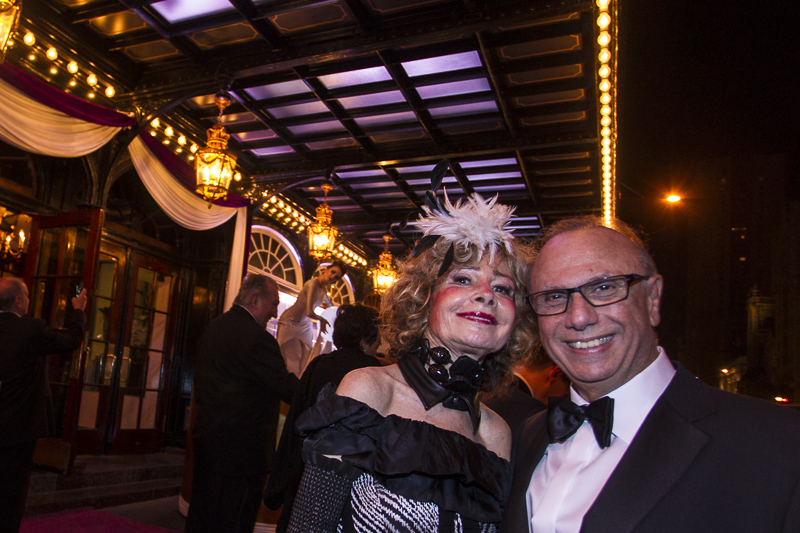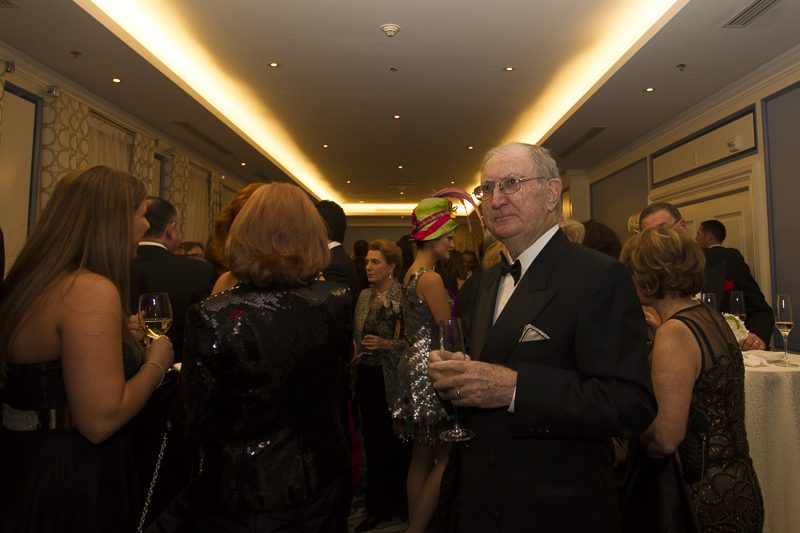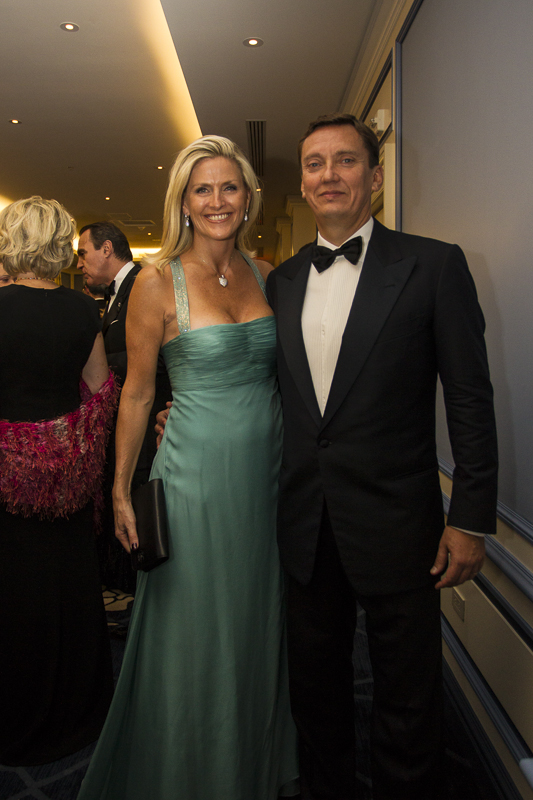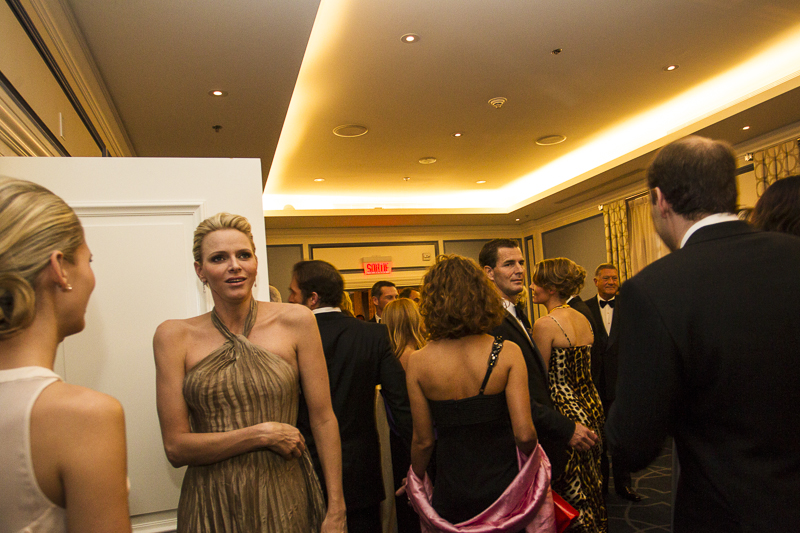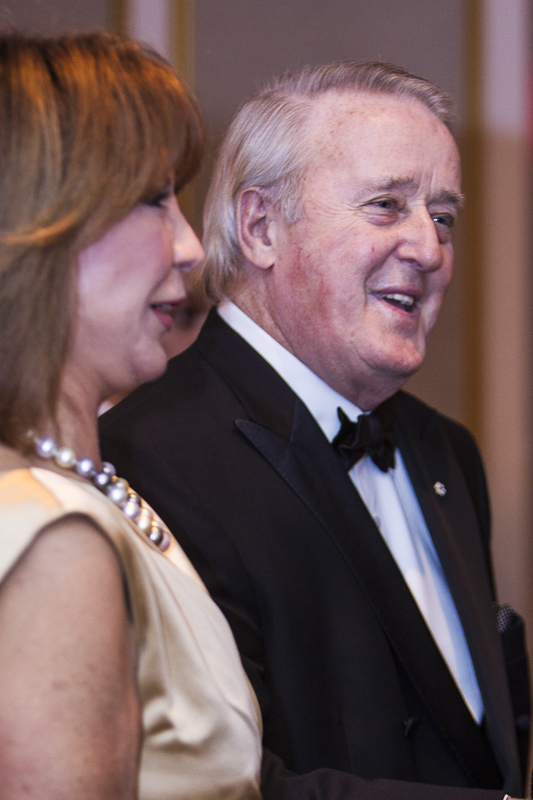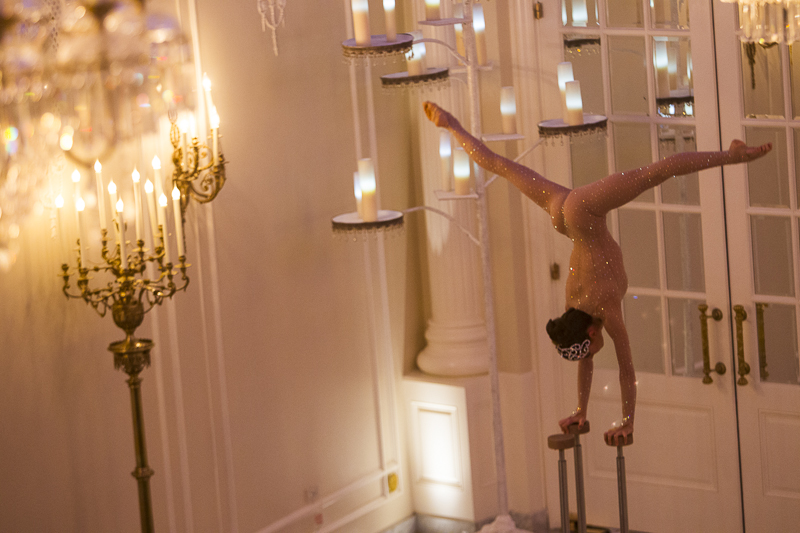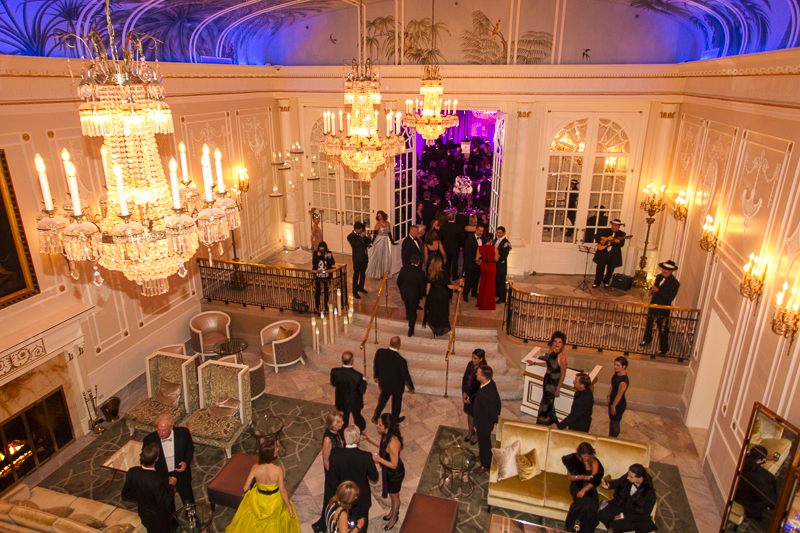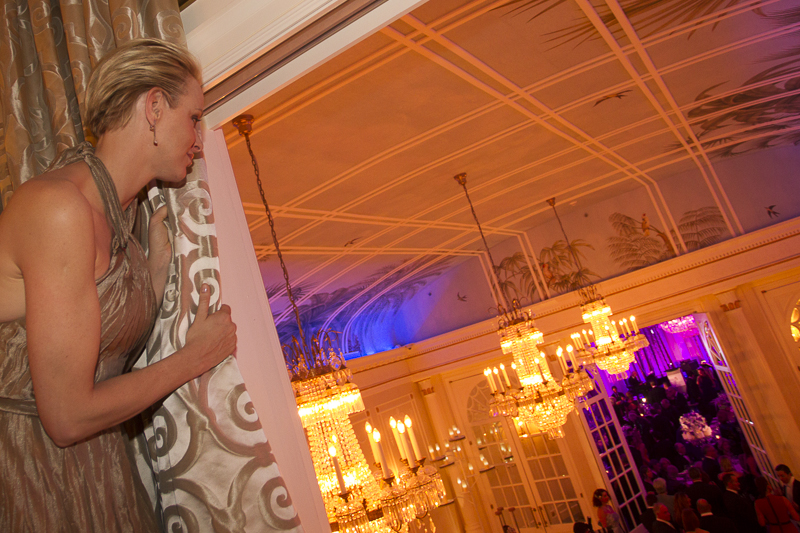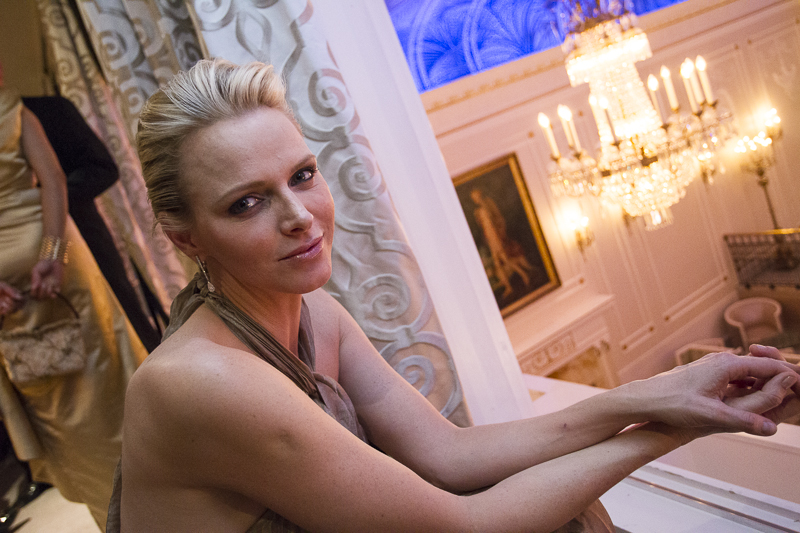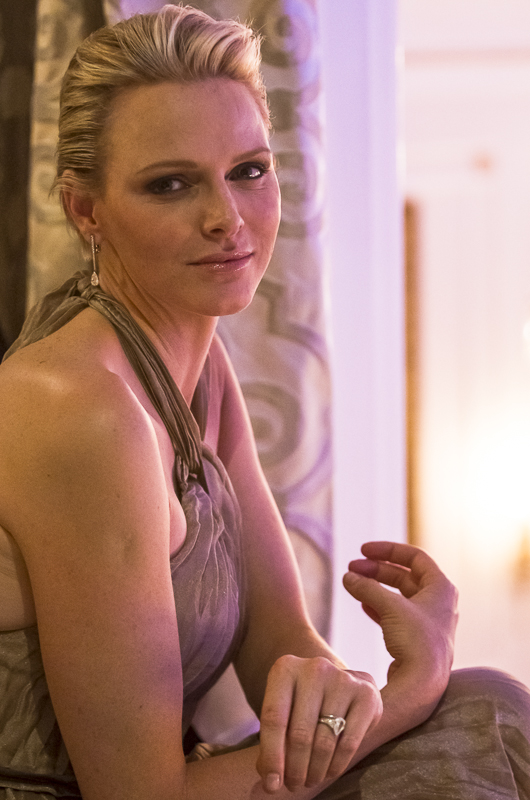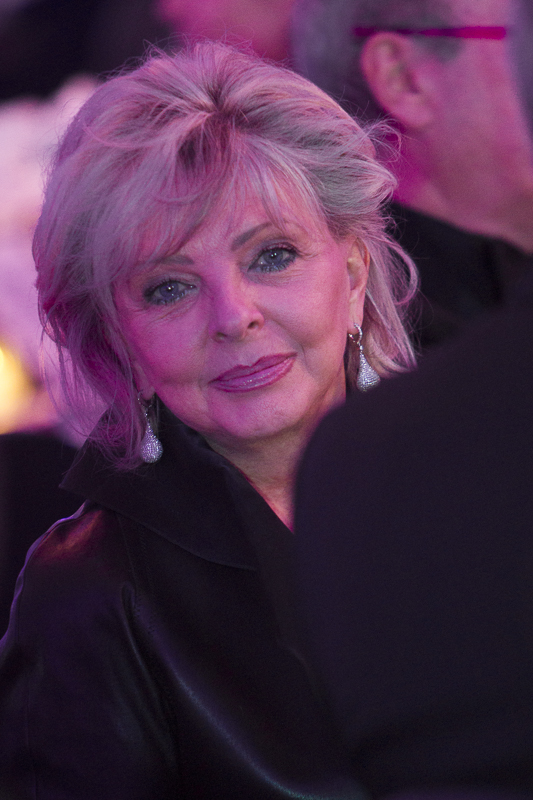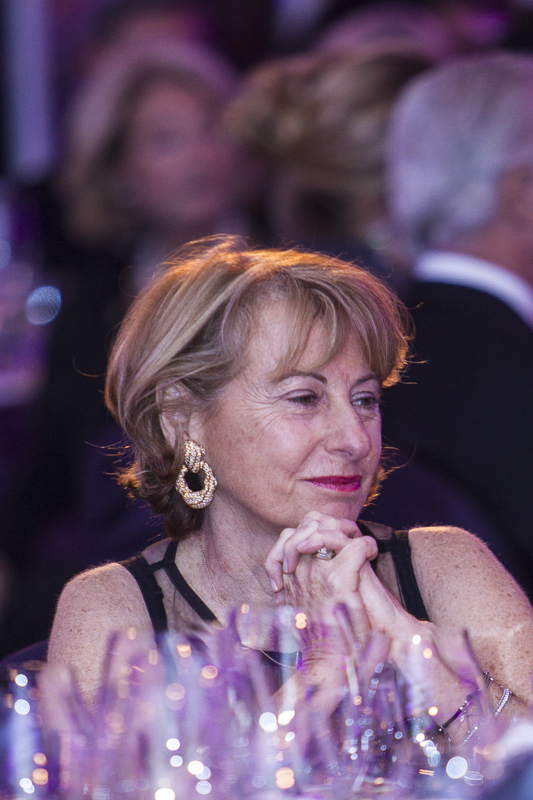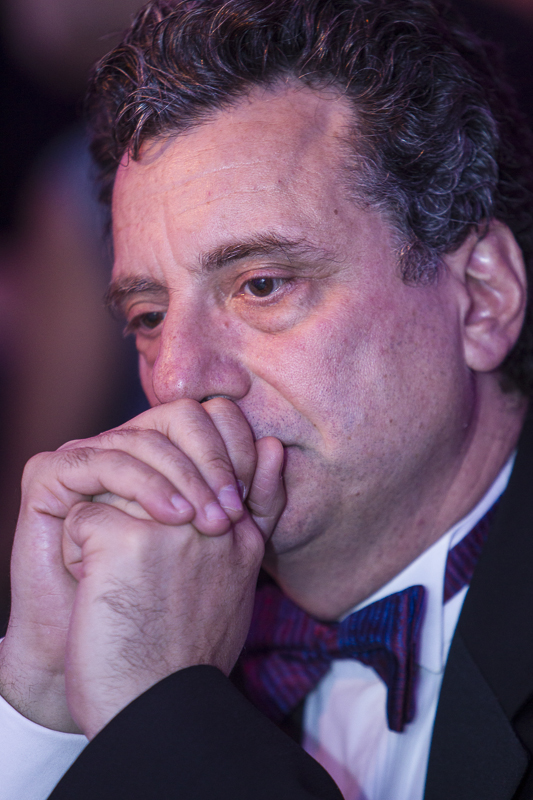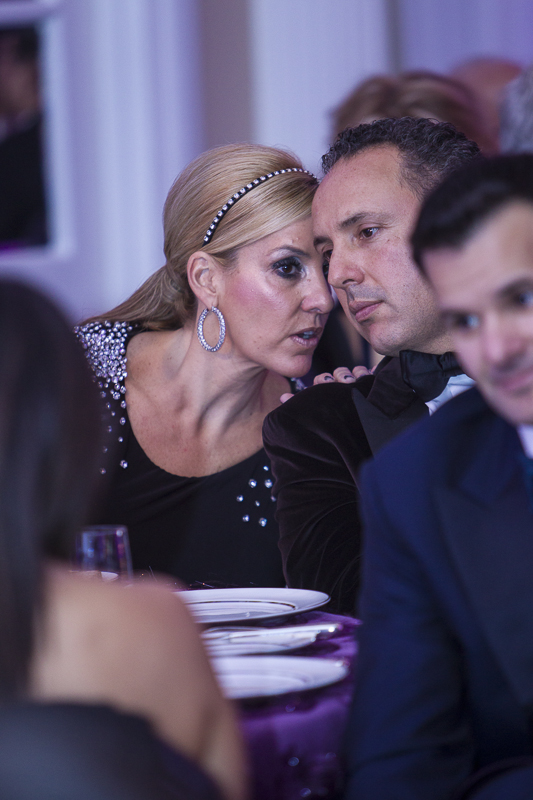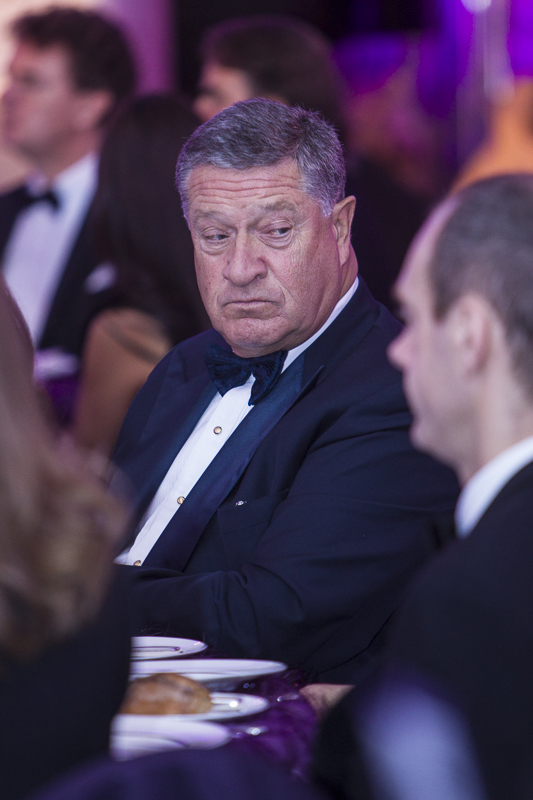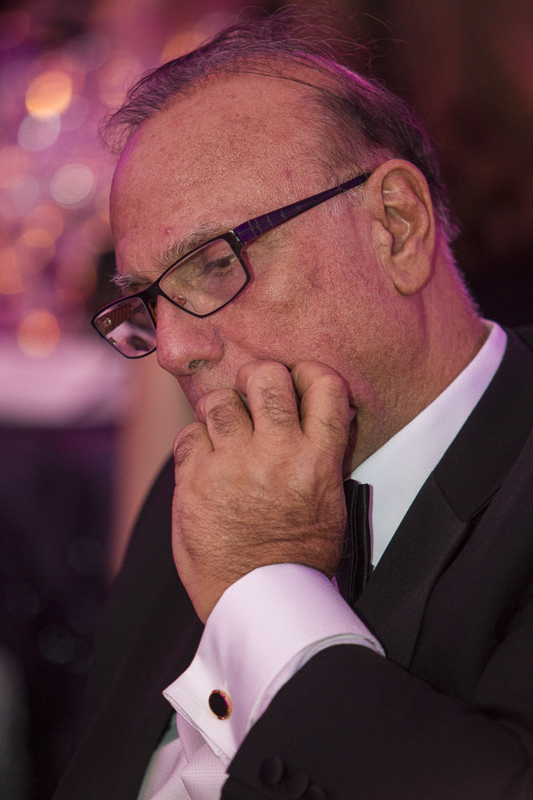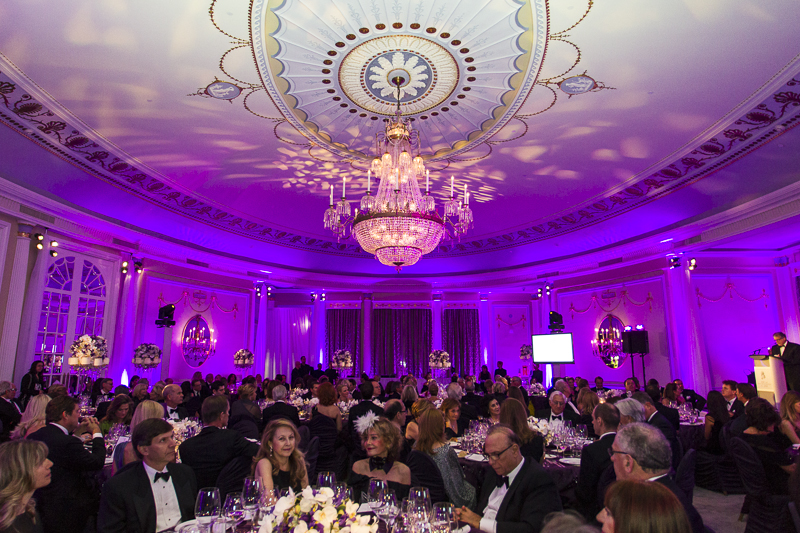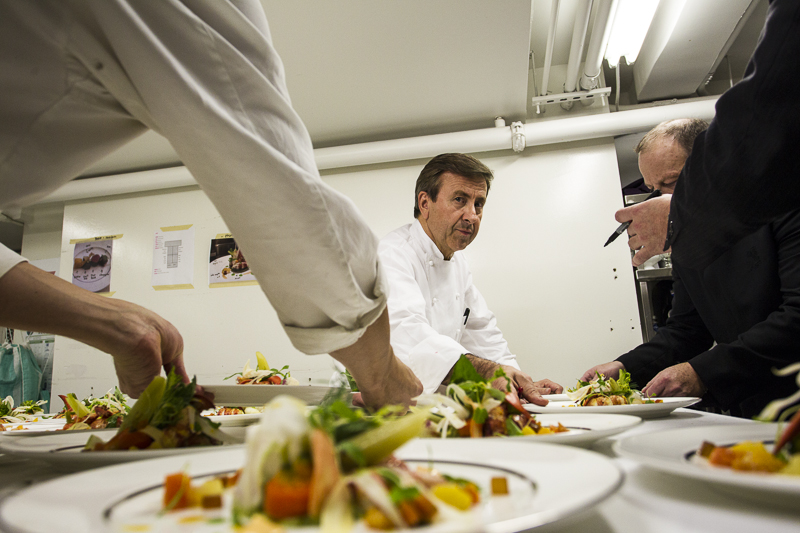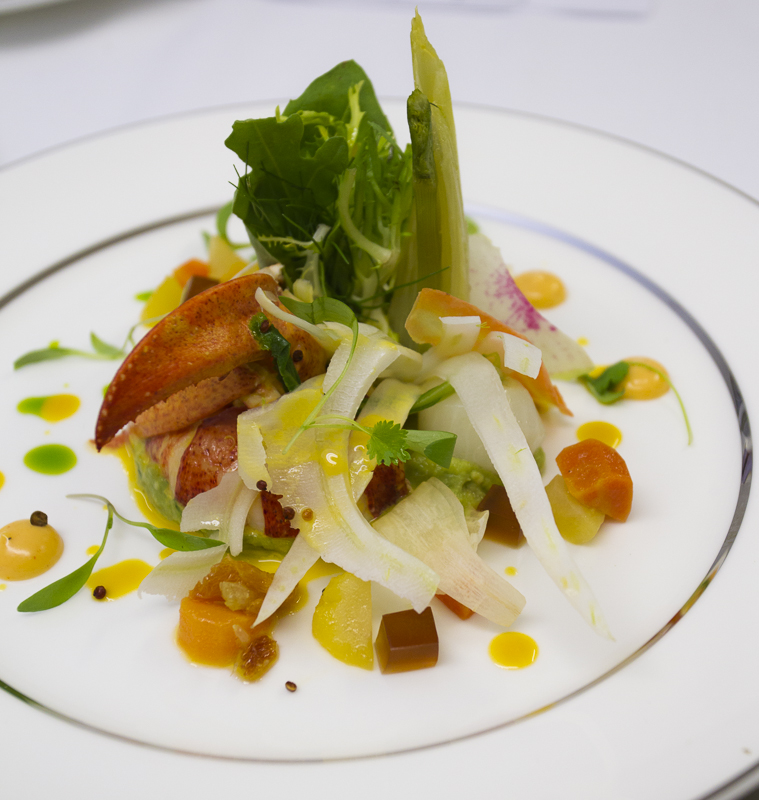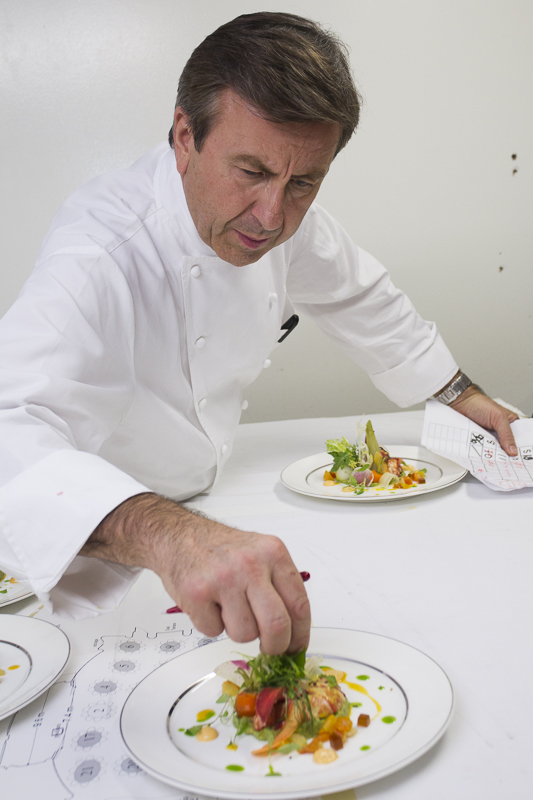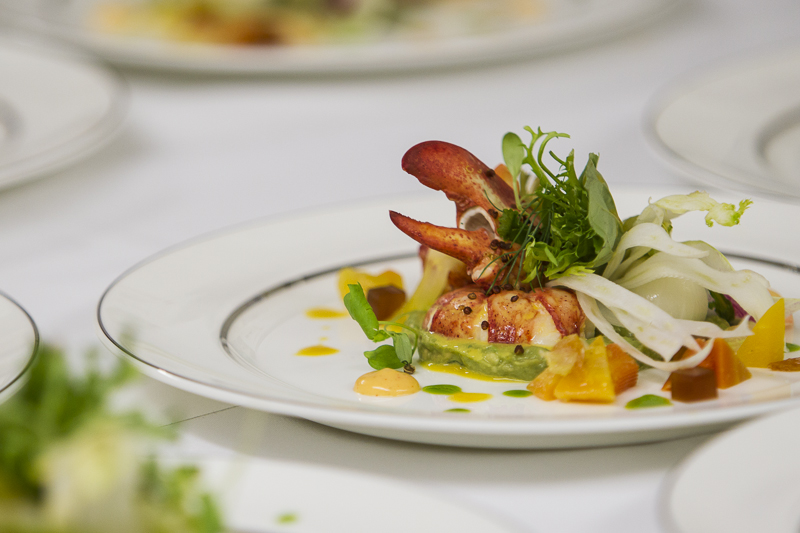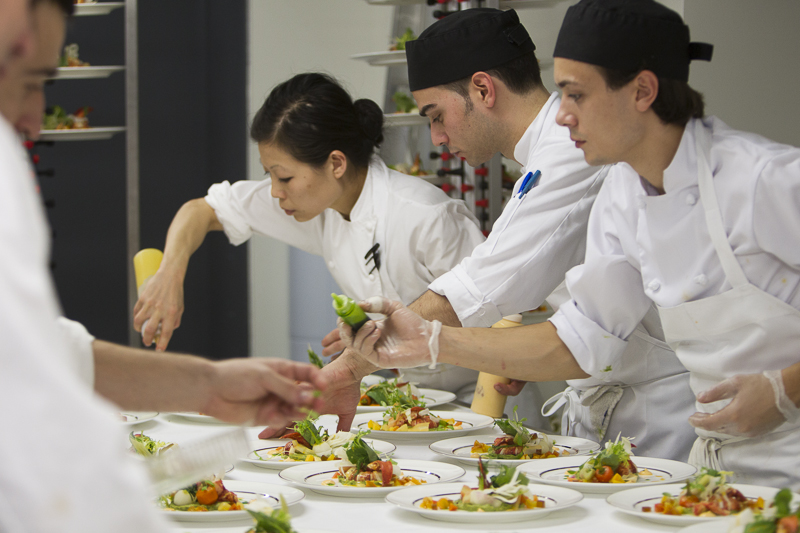All this to answer a question I am asked a lot...update camera or lenses or both? My response, get on a schedule of camera updates every 2-3 years. Sell your old cameras to off-set the upgrade costs. Buy used if you can. Decide if you need the top of the line cameras. Next, look at what you shoot. What lenses do you use the most? What subject matter do you shoot the most? Portraits? Landscapes? Sports? Or a mix of subjects. The idea with lenses is to build a base kit that covers your needs. Personally I have the following...85mm f1.2, 100mm Marco f2.8, 16-35mm f2.8, 24-70mm f2.8, 70-200mm f2.8, 1.4 Extender, 2x Extender. I have a useful mix of specialty lenses (85mm & 100 Macro) plus a standard selection of zooms and extenders. This kit allows me to shoot almost everything that I regularly cover. Now, what about the add on's that we occasionally need? One word, RENT! Renting is a great way to stay asset light and expand your kit as you need it. I would argue that it helps to keep costs down. A rental costs money, but this should be part of your billing if you are operating properly. Imagine a 200mm f2 (awesome lens that I regularly rent). The cost of this lens is about $7500 +/-. How often will I need this lens? How else could I use $7500? How much more insurance will I need to cover this one piece if I owned it?
My point is, save your money. Buy what you need, when you can afford it and pay with cash you have. Rent the equipment that you require to fill in the holes in your kit, when you need them. I see photographers going out of business, drowning in debt, trying to keep up. Appearances are important, looking professional is important, being business savvy is a skill. Buy used, build a base kit of lenses, rent what you need when you need it. What are your thoughts on this?



